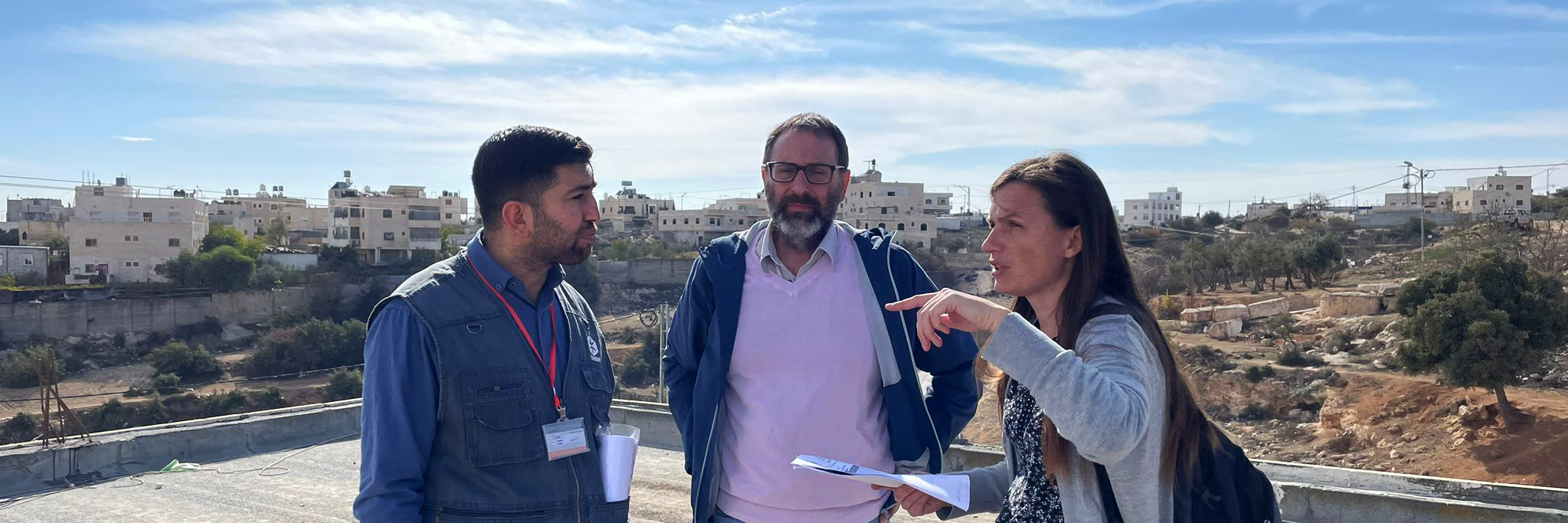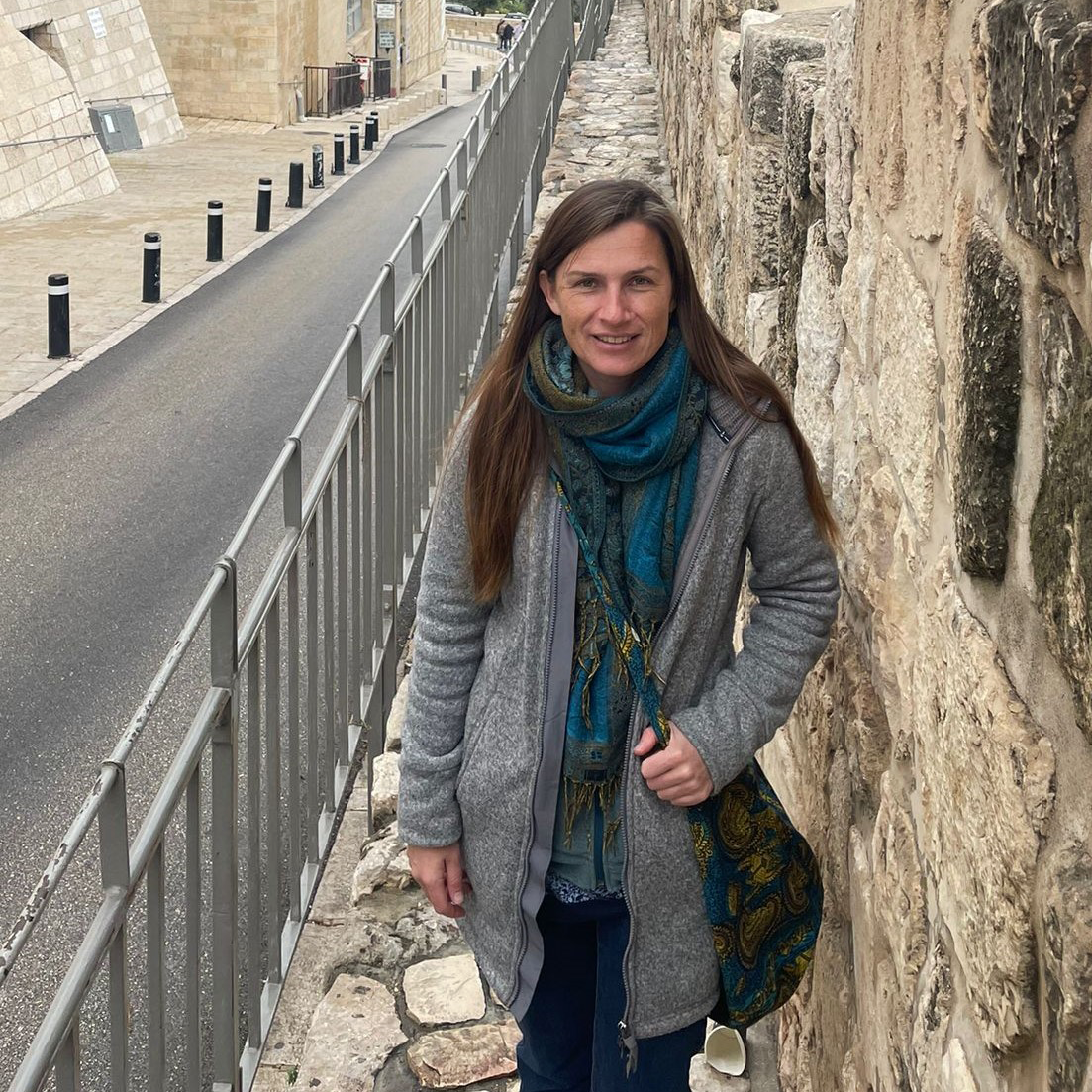The influence of international cooperation on research and studies: An interview with Dr. Maryna Peter
Dr. Maryna Peter is a researcher and lecturer in the Institute for Ecopreneurship at the FHNW School of Life Sciences. An expert in the field of water, sanitation and hygiene (WASH), she explains the key role of international cooperation for her work in the context of global development and aid.
“International cooperation is essential to us” she says. “We work with partners from NGOs, universities and local authorities in countries such as Palestine, Kenya and Uzbekistan. This collaboration enables us to develop effective solutions for complex challenges and to support local experts.” Peter's international networks, which include organizations such as Terre des Hommes and Médecins Sans Frontières, are fundamental to her research. “These partnerships provide us with valuable insights and allow us to tailor our work to the specific needs of each region.”
An important aspect of that work is training and supporting local partners. “We focus on enabling local professionals to apply and develop our methods and technologies autonomously. It is extremely fulfilling to see how our ideas are implemented and enhanced locally.”
Peter also sees great value for students in this international experience. “Through internships and thesis projects abroad, students not only gain technical knowledge but also important insights into a range of cultural and political contexts” she says.” These experiences help them develop a broader understanding of global challenges and are an excellent preparation for their future careers.”
“Travelling to low- and middle-income countries or conflict regions helps students shift their focus from pure academic curiosity to practical problem solving. This underlines how important it is to combine technical skills with social and cultural understanding.”
Students working in conflict-affected or resource-poor regions learn resilience and problem-solving abilities that are invaluable for their professional development. “These practical experiences not only foster technical skills, but also a deeper understanding of the challenges and opportunities in international development and cooperation.”
Dr. Peter's work shows the importance of international cooperation for progress in research and education, and highlights the benefits of thinking and acting globally.
Student exchange is encouraged and supported at the HLS. Would you also like to gain international experience? Get in touch with the International Office today: international.lifesciences@fhnw.ch.

